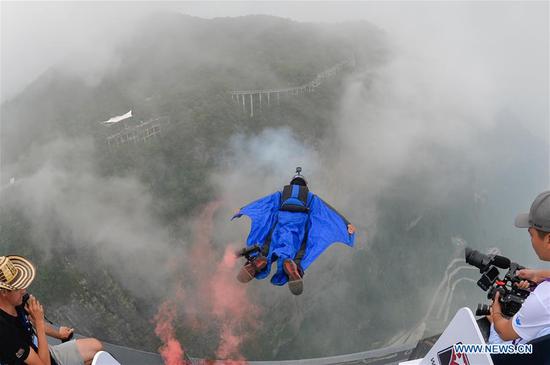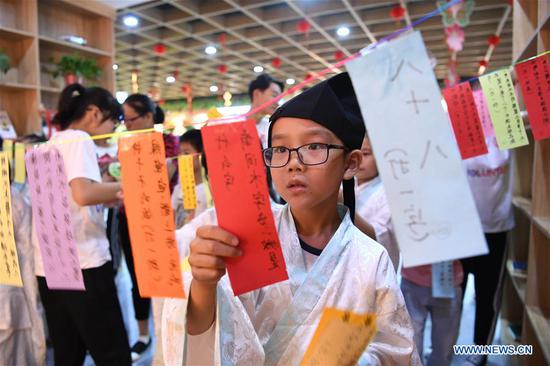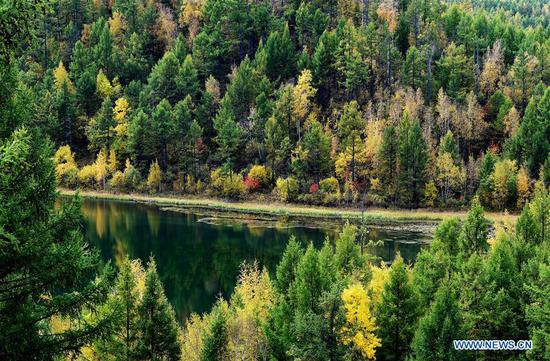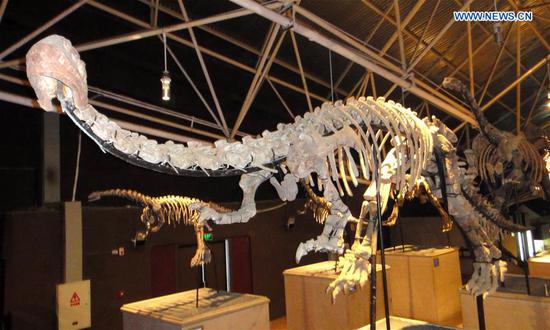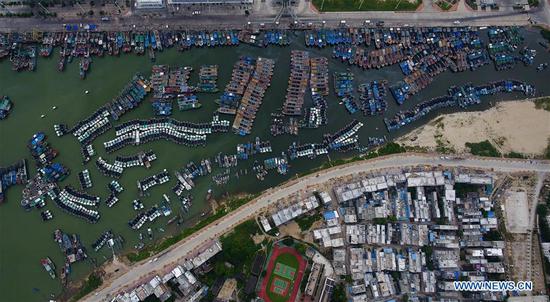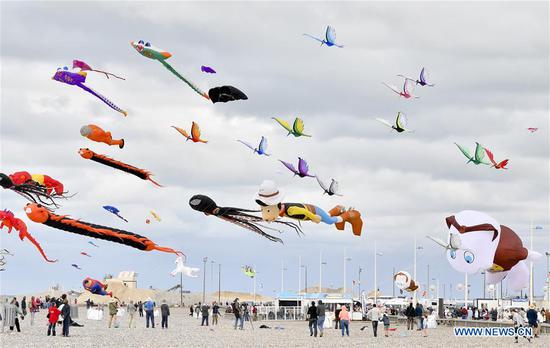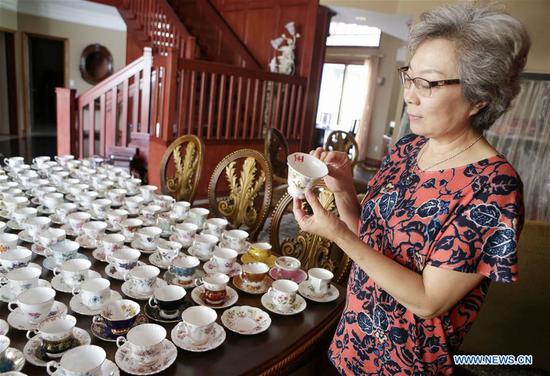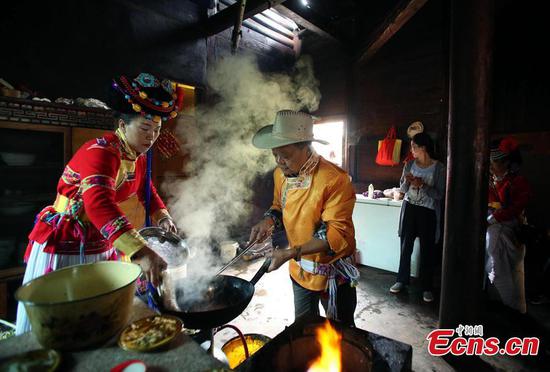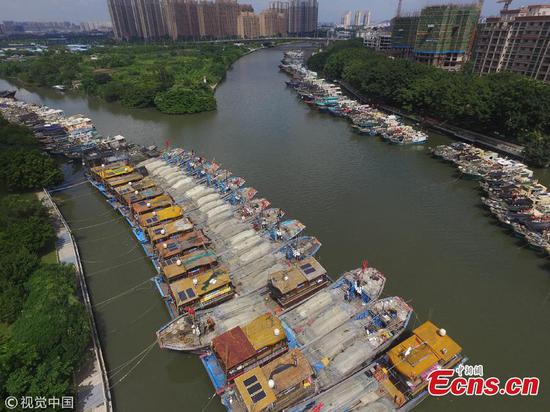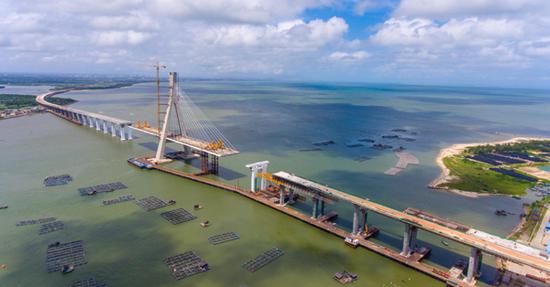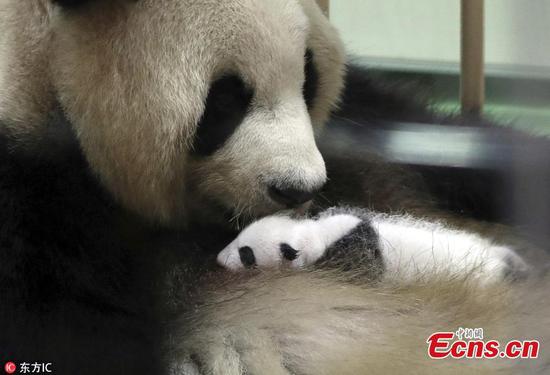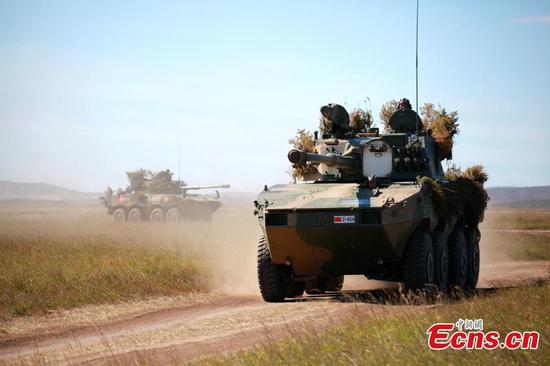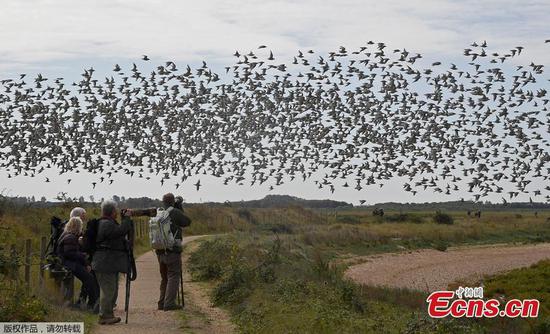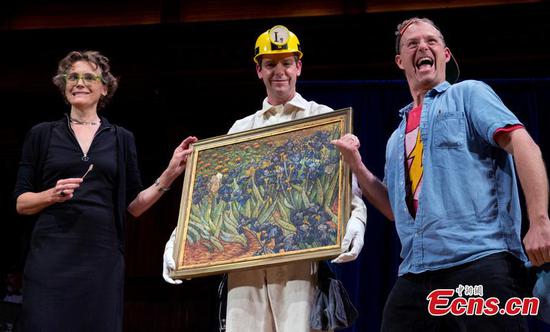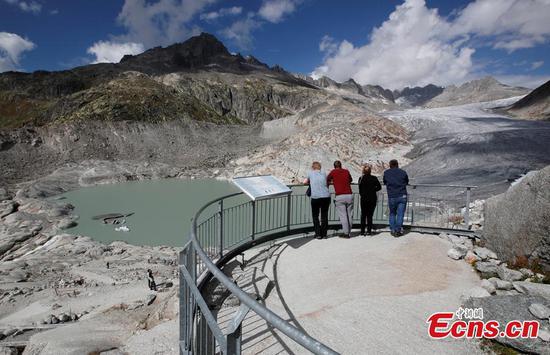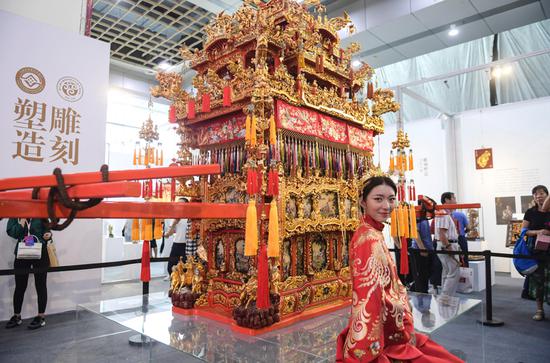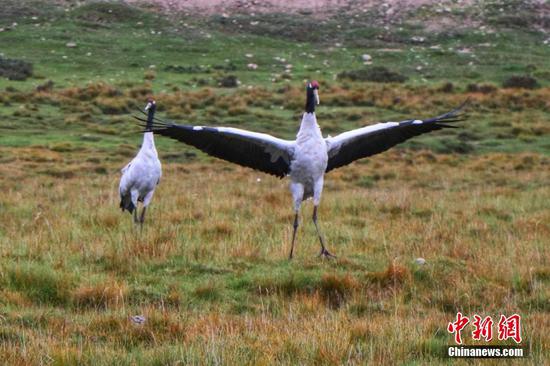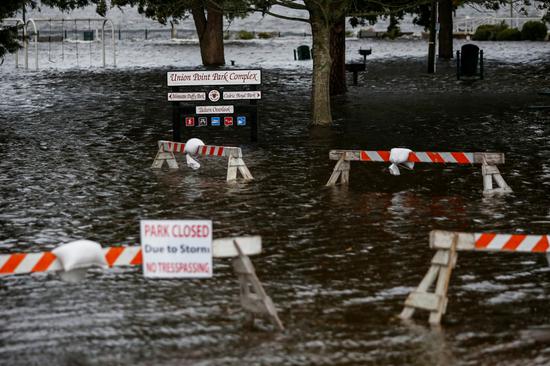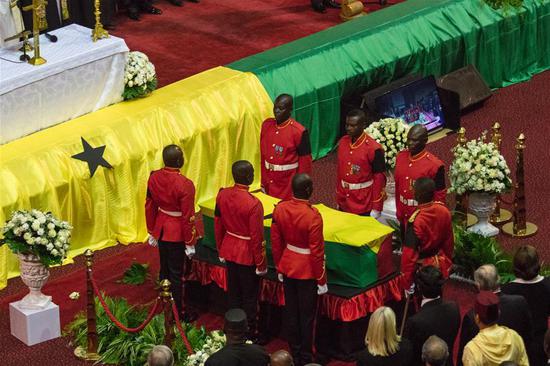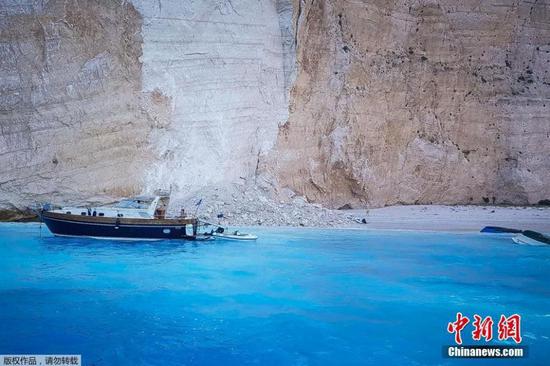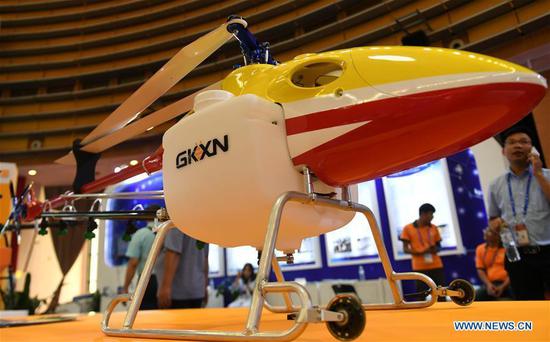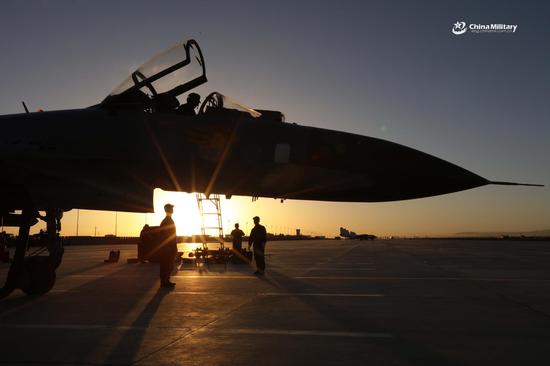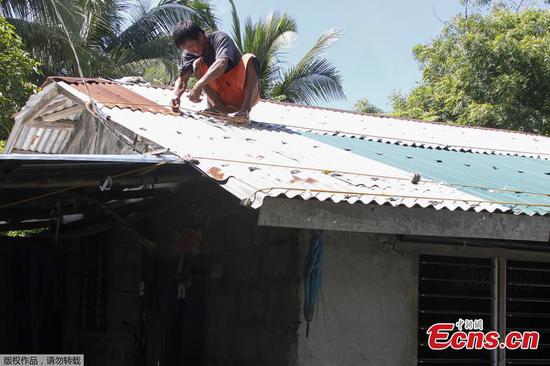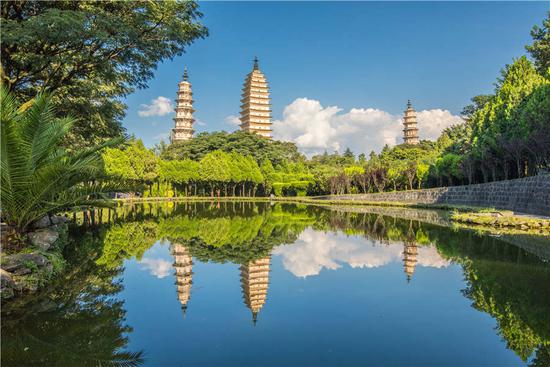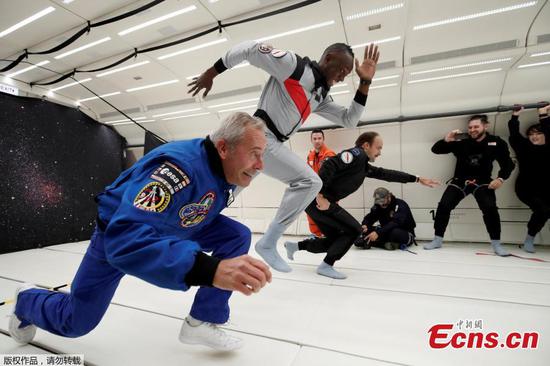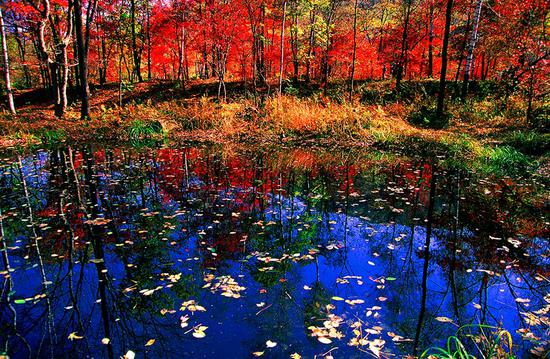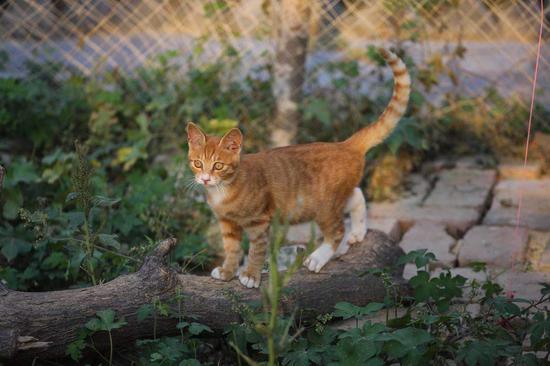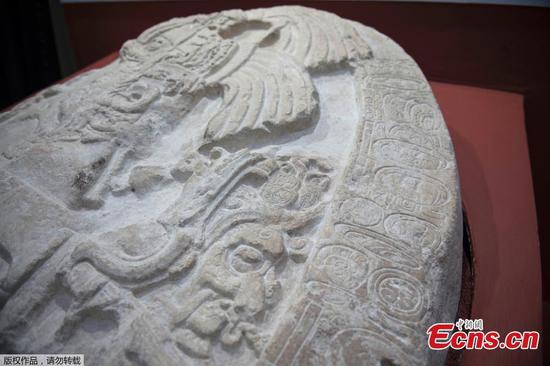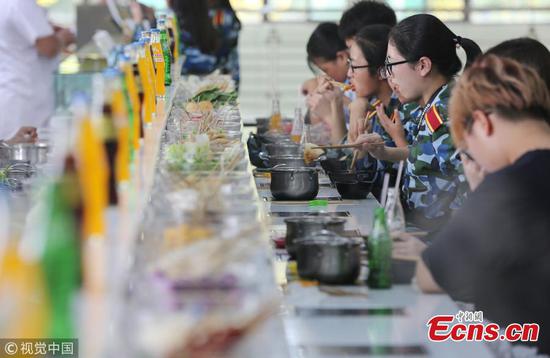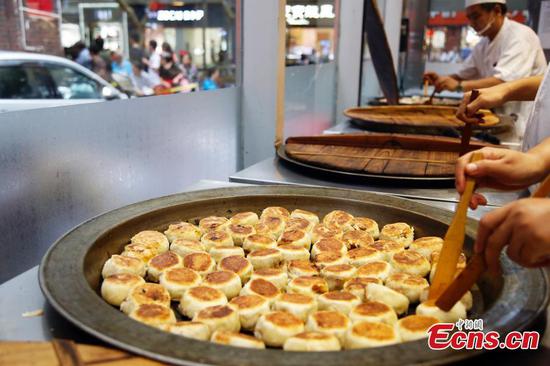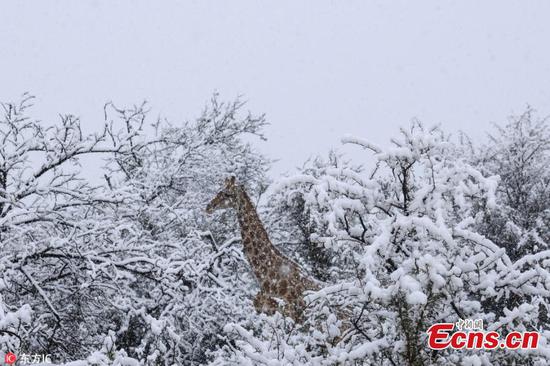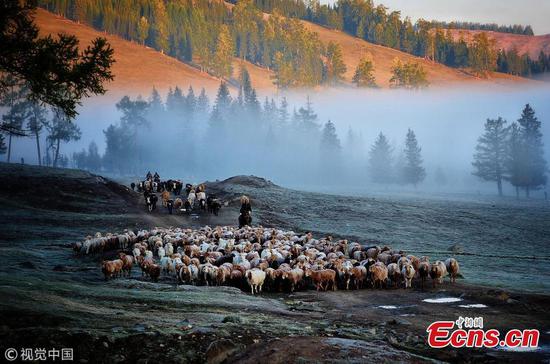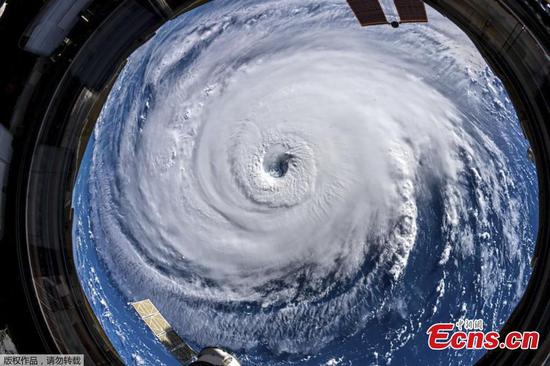Russia and Mongolia have great potential for expanding bilateral cooperation in many areas, M.V.Vasiliev, trade representative of Russia to Mongolia, told Xinhua in an exclusive interview on Sunday.
"We believe it is correct to set a common goal to increase 10 times the trade turnover between our countries in the next 10 years and to fill our cooperation with new major projects," he said.
Last year, the trade volume between Russia and Mongolia amounted to 1.4 billion U.S. dollars, an increase of 46.9 percent compared with 2016.
This year, according to the National Statistical Office of Mongolia, the bilateral trade volume increased by 40 percent in January-July of 2018 compared with the same period last year.
Mongolia's major exports to Russia are cashmere, sheep and goat leather, carpets, meat and meat-related products.
Overall, bilateral trade continues to develop steadily at an accelerated pace, Vasiliev said.
In order to accelerate the integration of the two economies, it should be a priority for Mongolia and the Eurasian Economic Union, which groups Armenia, Belarus, Kazakhstan, Kyrgyzstan and Russia, to reach a free trade agreement, he said.
Currently, projects in the sphere of energy and transport cooperation are dynamically moving forward, he said.
The Russian trade representative also highlighted the importance of developing road infrastructure within the framework of the Central Railway Corridor, saying there are interesting proposals from the business and investment community on transforming the railway corridor into a channel of mega-projects cooperation, including oil and gas pipelines, power lines and fiber-optic lines.
He also mentioned the ancient Tea Road, which the three countries are trying to revive, saying a tourist project is focused on the construction of "digital detox" tourist towns along the road to help tourists knowingly refuse to use smartphones, computers and other devices to relieve their stress.
If the project is implemented, tourists will take natural meat, natural milk and breathe the steppe, he said.
"I am sure that this will be the most popular tourist project," he added.









